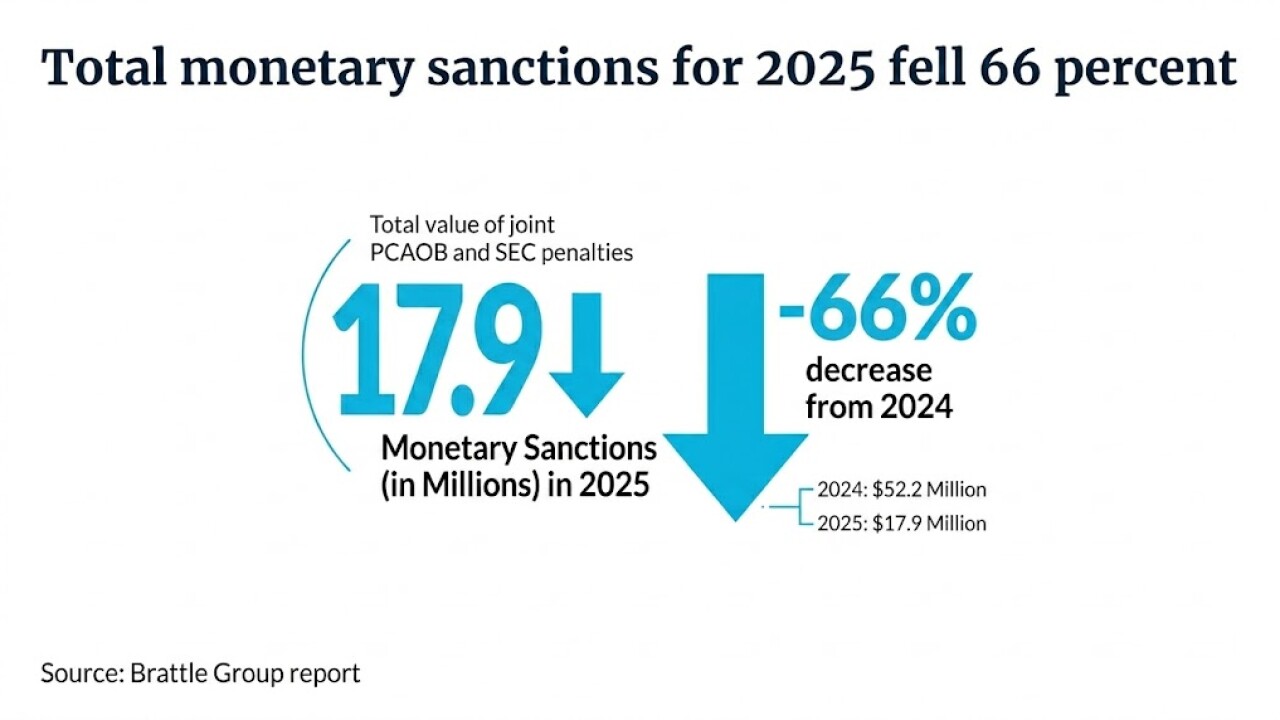A trio of senators is urging the Internal Revenue Service to share information with the Bureau of Prisons to prevent more prisoners from committing tax fraud from within their jail cells.
At a news conference Sunday, Sen. Sherrod Brown, D-Ohio, Charles Schumer, D-N.Y., and Amy Klobuchar, D-Minn., highlighted how prisoners who filed fraudulent tax returns have cost American taxpayers $123 million since 2004. Earlier this month, the Treasury Inspector General for Tax Administration released a
“Prisoners have bilked $124 million from Uncle Sam since 2004,” said Brown. “Middle-class Ohioans who work hard and play by the rules shouldn’t foot the bill when convicted criminals commit tax fraud—from the very place they were locked up for committing a crime in the first place. That’s why I’m calling on the IRS and the Federal Bureau of Prisons to step up to the plate and work together to crack down hard on prisoners filing sham tax refunds. With these fraudulent claims more than doubling in the last six years, these two agencies are compelled to do more to put a stop to this practice—and protect the working Americans that these prisoners are ripping off from their jail cells.”
In 2009, there were 1,464 fraudulent tax returns filed by inmates – nearly half of which originated from inmates housed in London Correctional Institution, according to the IRS. Brown released a
Brown, along with Schumer Klobuchar, sent a
In his letter to both the IRS and the BOP, Brown noted that under The Inmate Tax Fraud Prevention Act of 2008, the IRS was given the authority to release tax information on incarcerated individuals to federal and state corrections officials. Despite this authority, the BOP’s fear of litigation from not disclosing to prisoners impending enforcement actions has hampered enforcement. Even though federal law prohibits the Bureau of Prisons from sharing tax information with the prisoner, the agency refuses to cooperate with IRS.
Brown is calling on both the BOP and the IRS to use the authority granted to them by the Congress to immediately begin sharing information so that prison officials can route out fraud occurring in federal and state penitentiaries. Brown intends to call for oversight hearings over the poor handling of prison tax fraud if the agencies do not immediately begin sharing information and cracking down on the practice.
This month’s report found that the IRS may have understated the amount of prisoner tax fraud in a 2009 report to Congress. The IRS reported the number of fraudulent tax returns filed by prisoners in the United States more than doubled from 18,103 in 2004 to 44,944 in 2009. During that same time period, the IRS reported that fraudulent claims rose from $68.1 million to $295.1 million. The IRS’s report, however, was limited to only those tax returns the IRS identified and chose to evaluate for fraud. TIGTA identified 540,984 tax returns that were filed by prisoners in 2009, of which 54,410 were not identified by the IRS as having been filed by a prisoner.
In response to the report, IRS Criminal Investigation chief Victor S.O. Song said the IRS had worked with the Bureau of Prisons, all the states and the District of Columbia to collect and consolidate prisoner information for the 2011 tax processing year. “Stopping prisoner tax refund fraud is an area of continued focus for the Internal Revenue Service,” he wrote. “We agree that prisoner tax refund fraud is a very serious issue.”





